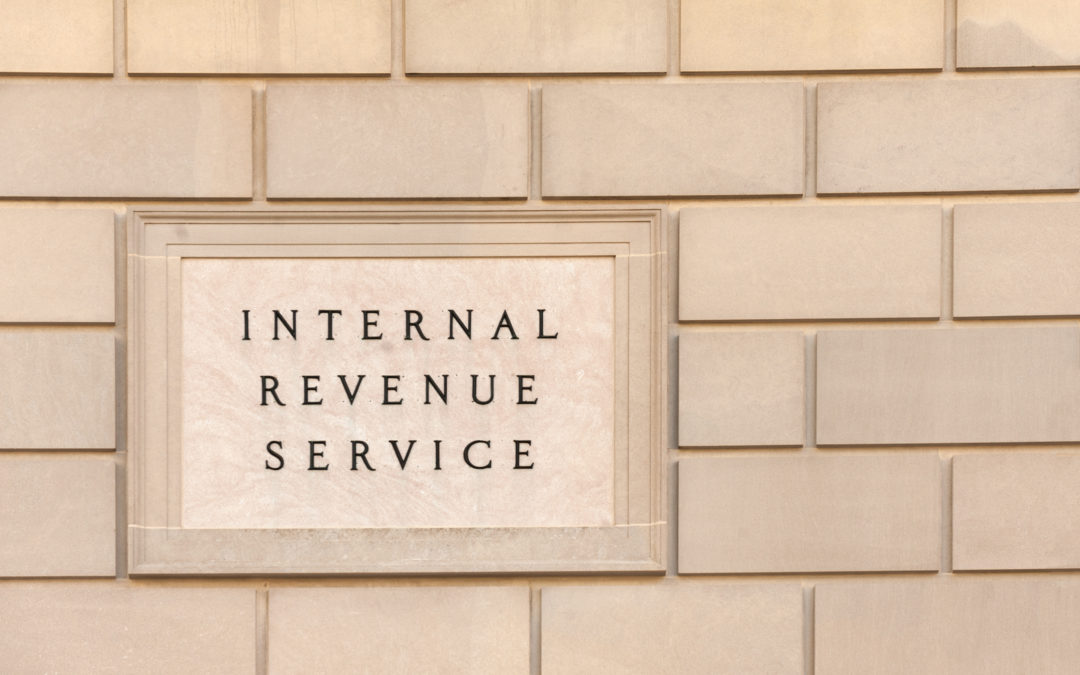The Internal Revenue Service recently issued Notice 2020-32 concerning expenses paid from funds received through the Paycheck Protection Program. In this guidance, the IRS explains that any expenses paid with forgiven PPP loan funds will not be deductible.
Background
Congress enacted the CARES act in response to the economic effects of the COVID-19 pandemic. One of the most popular features of the CARES act has been the Paycheck Protection Program. Through this program, small businesses can apply for PPP loans through their bank. These funds are meant to be used to pay payroll costs, utilities, mortgage interest, and rent within an 8-week period starting with the receipt of the funds.
Upon meeting certain requirements, small businesses can qualify for forgiveness of their PPP loans. Normally, loan forgiveness is considered taxable income, but the CARES act specifically states that any PPP loan forgiveness will be tax-free.
The tax-free aspect of the PPP loan program, along with the limited amount of funds provided by the CARES act, has fed a gold rush mentality among businesses nationwide.
IRS response
Notice 2020-32 was issued by the IRS to address expenses paid with forgiven PPP loan funds. The IRS takes the position that the tax-free nature of PPP loan forgiveness is essentially tax-exempt income. And therein lies the problem.
Internal Revenue Code Section 265 states that expenses related to tax-exempt income are not deductible. Because the IRS considers forgiven PPP loans to be tax-exempt income, the IRS will not allow a tax deduction of expenses paid with forgiven PPP loans.
The net effect of PPP loan forgiveness
By denying the deductibility of the expenses used for loan forgiveness, you are essentially making the loan forgiveness taxable. There is no difference in 100% taxable loan forgiveness with 100% deductible expenses and 0% taxable loan forgiveness with 0% deductible expenses. What business owners were hoping for was 0% taxable loan forgiveness income with 100% deductible expenses.
Congressional intent
At the time the law was passed, it appeared to be the intent of Congress to provide tax-free funds to help small businesses pay payroll, rent, utilities, and mortgage interest. Furthermore, the CARES Act specifically states that forgiveness of a PPP loan will be tax-free. But Congress did not address IRC Section 265.
We believe this was an oversight by Congress. Unfortunately, it will literally take an act of Congress to fix.
